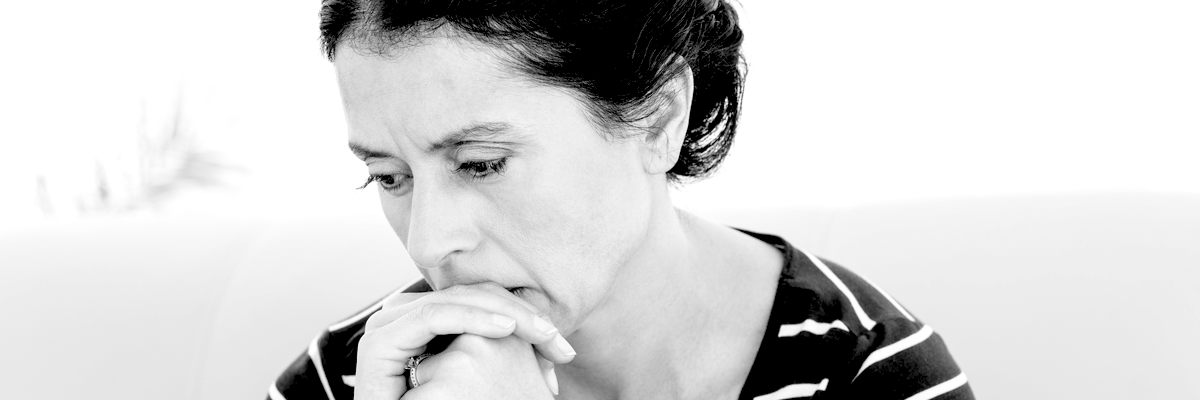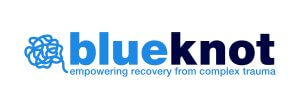The impact of past trauma or abuse

Having a baby is often a time when we look back on our own childhood experiences and upbringing. This is natural as we try to imagine what this life stage might bring and what we might expect.
Pregnancy, parenthood and the impact of past trauma or abuse
For some people, childhood or early adulthood may not have been a positive experience. Some may have experienced trauma or abuse, including, for example physical, emotional or sexual abuse.
The impacts of these types of abuse can be significant and long-lasting. During pregnancy or early parenthood, memories of past can resurface. This is because this life stage touches on these memories of our own past, which may be painful or distressing.
I had a very abusive mother, and I don’t have positive memories of her or growing up with her. I thought this was in the past as I had learned to accept that’s how things were. But when I fell pregnant I starting thinking about what kind of mother I would be, and that reminded me of what my childhood was like.
Why do these feelings arise during pregnancy or early parenthood?
When having a baby, it is natural for us to look for a reference point to try and imagine what the future might be like. Having a child is a unique experience, so it’s normal to draw on our exisiting knowledge and previous experiences to inform our expectations and perceptions. For most, this leads us to reflect on our own childhood. Sometimes this may happen consciously (when we are aware of what we are thinking) or unconsciously (going on in the background of our minds without knowing that we are thinking about it).
As this commonly occurs amongst expectant and new parents, a good health provider will ask you questions about your past experiences. In particular, many screening tools will specifically ask whether you have experienced childhood trauma and/or abuse, as well as whether you have specifically experienced either physical and/or sexual abuse.
What is trauma?
Trauma is a state of high arousal. It is an event or events in which a person is threatened or feels threatened. The experience of trauma overwhelms the person’s capacity to cope. Trauma also describes the impacts of the event or events. You may hear different terms used to describe trauma and abuse. If you or someone you know has experienced trauma it can be helpful to understand the different terms used to describe trauma.
What is Complex Trauma?
Complex trauma usually occurs as a result of repeated trauma experienced by a child or young person, although it can also occur as a result of experiences as an adult. Some people experience trauma across their lives.”
What is Childhood Trauma?
Trauma in early childhood can be especially harmful. Early childhood trauma generally means trauma between birth and the age of six. When trauma occurs early it can affect a child’s development. It can also affect their ability to attach securely, especially when their trauma occurs with a caregiver.
What is Child Abuse?
“Child abuse and neglect is also known as child maltreatment. It is behaviour which is not accidental and which is not considered ‘normal’ (outside of norms of conduct). It can be caused by parents, caregivers, other adults or older adolescents. Child abuse causes serious risk of physical or emotional harm.
What to do about these memories and feelings
Having memories of events such as these can mean feelings resurface and they can often take us by surprise. Trying to simply ignore or push these thoughts and feelings away isn’t always an effective way of dealing with them, as they are likely to remain and can come back at any time. Often, this can occur when we least expect it or are feeling particularly tired or vulnerable.
Gaining an understanding of why these memories and feelings may arise is a good starting point. Just understanding why these thoughts and feeling may be coming back can help us to feel more in control.
Acknowledging that you are having these thoughts or feelings is also an important step. Trying to push these to the back of your mind or avoid them, may only lead to them returning.
Getting help for past trauma or abuse
Talking to someone about how you’re feeling can also be helpful. Often the process of talking about what has happened can provide us with a sense of being heard and a sense of relief. Many people carry this information or secret with them for many years. Talking with a professional can help us to view the experience within the context of when it occurred, and help us to process what may have happened.
After speaking with a counsellor it felt good to finally get this out. It helped me to really put it behind me and not having distressing thoughts keep coming back.
While this can be often painful to go through at the time, many people express strong feelings of relief afterwards.
Talking it through helped me to realise that it (the abuse) wasn’t my fault, or anything I could have done about it at the time. It was painful to re-live at the time but I feel relieved.
Processing what may have happened in a supportive setting, can also help us to let go of the negative thoughts and feelings associated with the person or events as you move through the many phases of becoming a parent.
Find an accredited health professional on the eCOPE Directory
eCOPE is Australia’s first directory of perinatal mental health services. It lists professionals with demonstrated expertise in perinatal mental health. The directory is designed to meet the challenge of finding timely support and treatment for mental health problems and associated risk factors during and after pregnancy.

This information was developed in partnership with the Blue Knot Foundation.
Blue Knot Foundation is Australia’s National Centre of Excellence for Complex Trauma – repeated violence, abuse or neglect experienced across the life cycle. Blue Knot provides trauma-informed phone counselling and workshops to adults experiencing complex trauma and their supporters.
Its website has extensive resources to support healing and recovery. It also trains and builds and supports practice for people working in diverse roles with trauma clients. Visit their website here.
